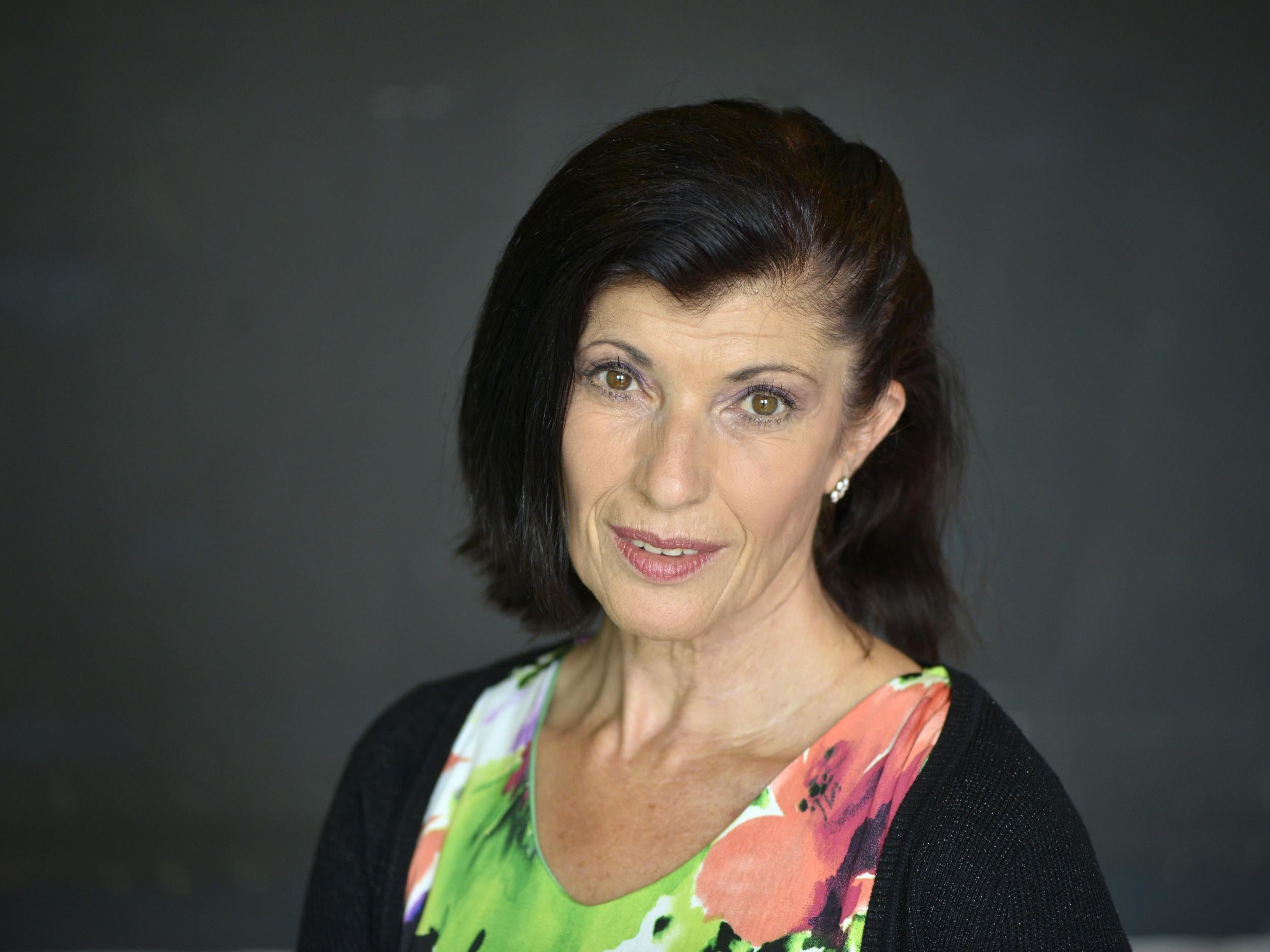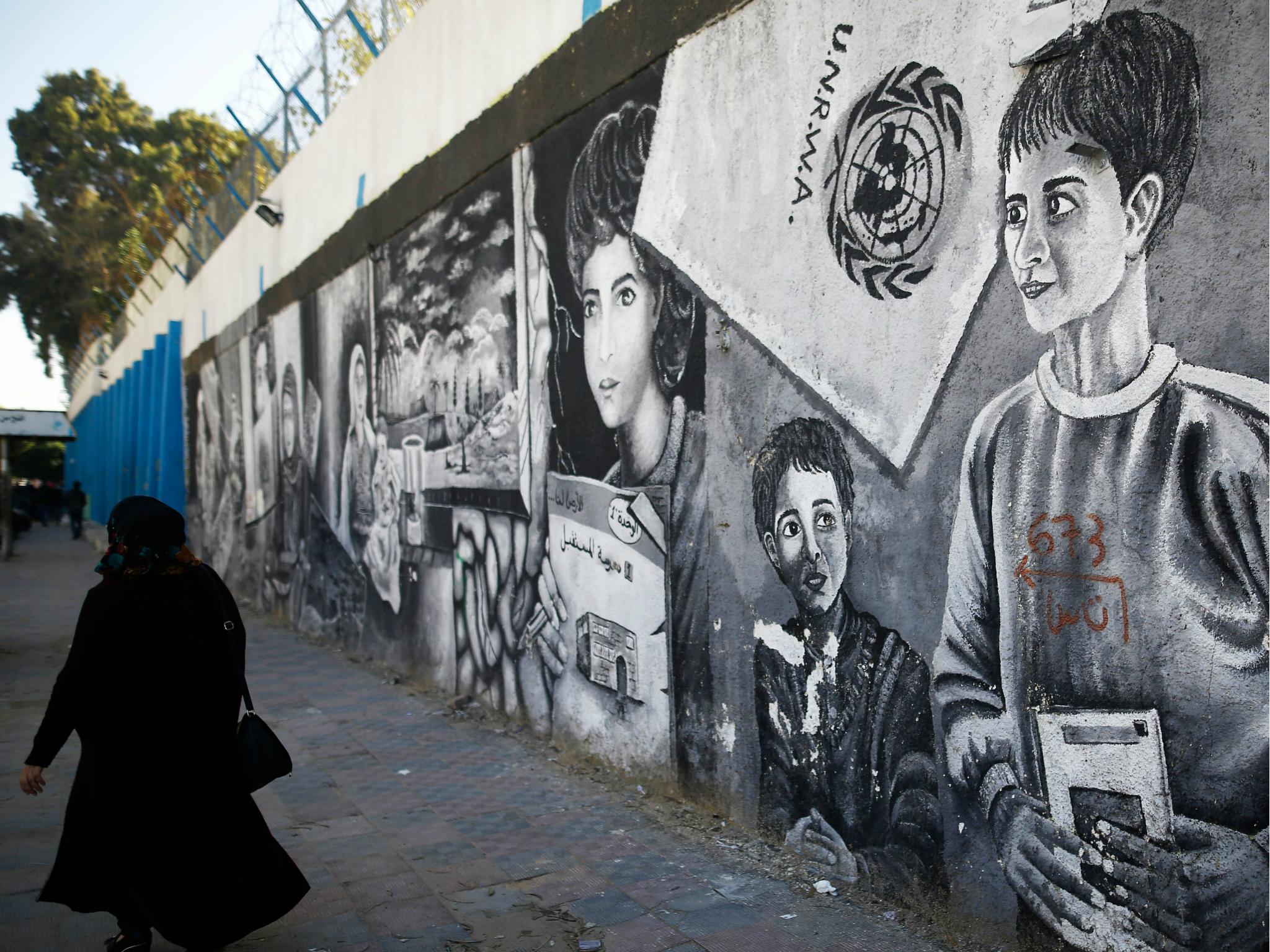Ronit Matalon: Novelist who gave voice to Israel’s ‘Mizrahi’ women and demanded rights for Palestinians
She called the occupation a ‘terminal patient’ and said her country is a ‘prisoner of its own rhetoric about security and victimhood’

Your support helps us to tell the story
From reproductive rights to climate change to Big Tech, The Independent is on the ground when the story is developing. Whether it's investigating the financials of Elon Musk's pro-Trump PAC or producing our latest documentary, 'The A Word', which shines a light on the American women fighting for reproductive rights, we know how important it is to parse out the facts from the messaging.
At such a critical moment in US history, we need reporters on the ground. Your donation allows us to keep sending journalists to speak to both sides of the story.
The Independent is trusted by Americans across the entire political spectrum. And unlike many other quality news outlets, we choose not to lock Americans out of our reporting and analysis with paywalls. We believe quality journalism should be available to everyone, paid for by those who can afford it.
Your support makes all the difference.Ronit Matalon was awarded Israel’s prestigious Brenner Prize for her latest and last book, And The Bride Closed The Door, a day before she died of cancer, aged 58.
The groundbreaking Israeli novelist and academic was a professor of Hebrew literature at the Hebrew University in Jerusalem. Matalon, the daughter of Egyptian immigrants to Israel, was the voice of a generation of feminist, politically involved Mizrahim – Jews of Middle-Eastern or North African descent.
Her daughter Talya received the prize on her behalf in December and read her mother’s speech. Matalan drew a parallel between her absence own from the ceremony and the protagonist of the book – a bride who locks herself in her room and refuses to attend her own wedding.
“There is something sad yet a little bit funny in the fact that I, just like my locked-in bride, am not attending this ‘wedding’. But I hope it is clear that – just like in the novel – absence is sometimes as significant as presence and that some kind of wedding, legal, semi-legal or barely legal, is still occurring”.
Prominent Mizrahi poet Sami Shalom Chetrit said Matalon demanded a triple mourning: “It is a great loss to the Israeli cultural arena, to the Israeli intellectual world, but also to the big, international cultural world. She was a brilliant writer and a brilliant woman. She deserved an Israel Prize [the nation’s highest honour]. I am stunned and grief-struck by her departure“.
Matalon was born in Ganei Tikva – a suburb of Tel Aviv set in 1949 by the Jewish Agency to house new immigrants from Libya, Romania, Morocco, Poland and Yemen. Her father, Felix, a social activist, came from Egypt, with her mother Emma, who worked for the municipal council of Petah Tikva, a small city east of Tel Aviv.

Her mother found it hard to deal with her children for a mix of mental and occupational reasons. “I was sent to my grandmother’s custody at the age of 20 days and stayed with her most of the time,” she said.
“When my mother came home after 15 hours of work, her entrance was always operatic, full of longing which translated into anger. I called it in my writing `the fury of longing’ but as a child I couldn’t see the longing; only the rage”.
She added: “If something was out of its designated place, she would break it. Generally, breaking dishes was a common trait in our family.”
Her father was admired for his political activity and social activism, but was also absent often, and deep in debt. Debtors frequented the door, pleading, threatening and in doing so distilling a sense of powerlessness in the quiet child who used to hide in cupboard and find solace in reading. ”I’d get beaten up for reading. It was seen as time wasting, parasitic. I was told I was wasting away my eyesight“.
The family was atheistic, but as a child Ronit used to go alone to synagogue on the Sabbath. “I missed my father there because the synagogue was where all the children come under their fathers’ wings, under the big Talit,” the white Shawl men wear to pray – it is a tradition among North African Jews for the children to huddle under their father’s talit). “I used to stand by the wall and watch,” Matalon said.
Ronit started writing fiction in the early Eighties and gained some fame with her first youth novel, “A Story that Begins with a Snake’s Funeral”, published in 1994. The book was made into a film, distributed in English under the title Dreams of Innocence.
She completed nine novels and a play, the most celebrated among them were The One Facing Us and The Sound Of Our Steps.
Upon growing demand for new novels from her, she explained to Gili Itzkovitch in an interview for Israeli newspaper Ha’aretz why she needs long gaps between new releases: ”I only write when I have something to say. Books involve a long process of incubation ... Writing is not something you do for two hours and then run off to a pilates class. I need to wait for the idea to mature. Sometimes it takes years. But when it is ripe I sit and write almost at one go, as if I’m copying something. I hardly ever need to correct anything.”
Matalon’s writing focused on the struggle of Mizrahim immigrants in Israel and the double hardship experienced by Mizrahi women in their communities and in the Israeli society. She was also an outspoken critic of the Israeli treatment of the Palestinian people, and of the ties between the oppression of Palestinians and of Mizrahim by the Zionist state.
“We live in an apartheid state,” she told French newspaper Le Monde in January 2016. “The occupation is like a terminal patient ... Israeli society’s main characteristic is denial. It is a prisoner of its own rhetoric about security and victimhood.” Her social and political stance turned her into a role model for Mizrahi authors, poets, commentators and activists. Mizrahi commentator Ron Chachlili said: “She managed to reconstruct the Egyptian language on which I was raised and give me a voice, too. That said, she should not be reduced to ‘an ethnic author’. She spoke in a specific personal voice, and this is what made her universal.”
Israeli President Reuven Rivlin posted on Facebook: “She was a wonderful author whose books sounded a clear, original and determined feminine and Mizrahi voice. But she also gave rise to a whole generation of authors and literary scholars in her academic work.”
Twice divorced, Matalon was survived by two children, Talya, aged 26, Daniel aged 33 and her partner since 2012, professor Ariel Hirschfield.
Ronit Matalon, born 25 May 1959, died 28 December 2017
Join our commenting forum
Join thought-provoking conversations, follow other Independent readers and see their replies
Comments